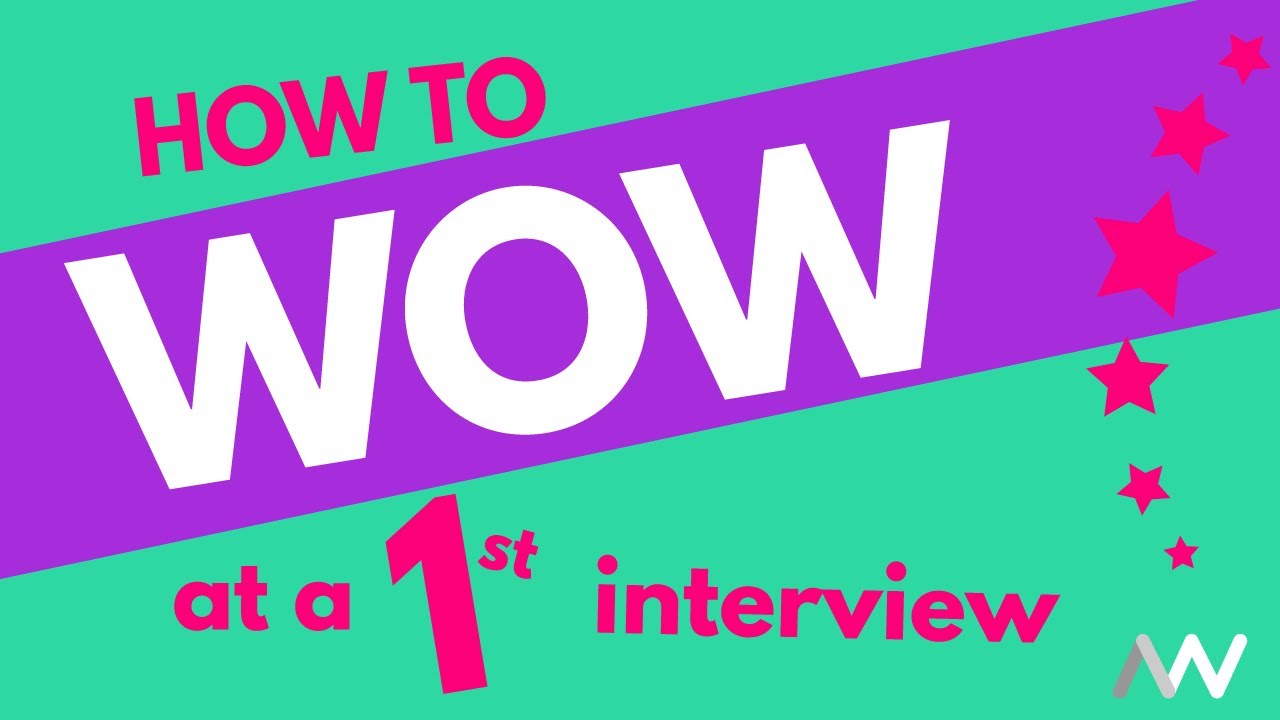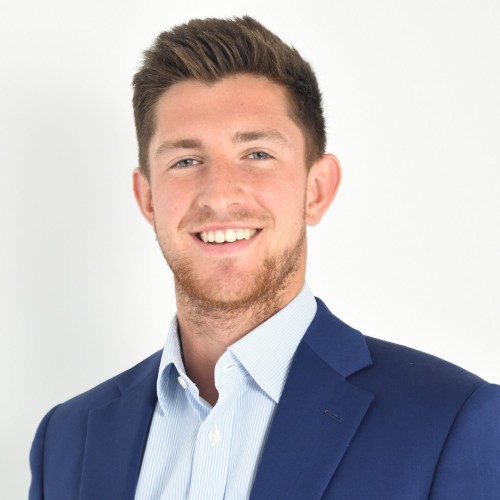
How to WOW at Interview
Video and Transcript
When you think about it, a sales interview is exactly the same as any sales meeting that you attend. You make small talk. You get to know the client a little bit better. You build that bridge. You then start understanding exactly what it is that your client is looking for. You start proposing solutions. You may get some objections. You handle the objections. And if you're any good, you're then in a position to close that deal.
A sales interview follows exactly the same path. And what I want to do over the next couple of minutes is just talk through the pattern that every sales interview follows. You will always be asked these six questions at every sales interview that you attend so prepare your answers beforehand.
Number one, why you're looking to leave your existing employer? What's your story? How are you going to articulate that? Number two, why are you interested in working for this specific company? Number three, why are you looking to work in this specific role? Number four, look at your strengths, experiences, knowledge, contacts, etceteras, that you're going to bring to the organisation.
Now I have interviewed hundreds, if not thousands, of sales people. And whenever I ask them a question such as what are your strengths, I get lots of features-- hard working, motivated, target-oriented, driven, determined. That's fantastic. But if I ask them again to sell a pen, I get features, examples, and benefits.
What I want you to do is get a piece of paper. This sounds very sad, but it works. Write on the top of it, feature, example, benefit. Write down at least 10 things, 10 strengths that you have that you can bring to the organisation.
Get your other half involved or somebody else that knows you well. Ask them what you think your strengths are. If nothing else, it's a good ego boost for you and you can find out a little bit more about yourself that perhaps you didn't know.
Once you've got that list of 10, 15 items, then think of examples where you've used them in the workplace and perhaps outside of the workplace and how it benefited somebody. Then when you get that tough interview question like, give me an example of when you've gone beyond the call of duty to provide customer service, you can nail that answer.
Number five, what are your weaknesses? You're always going to be asked the weakness question. You'll be asked in every interview so prepare for it beforehand. How not to answer it-- beer, women, chocolate. You'll also read in books things like I'm a perfectionist so I always cross the T's, dot the I's to ensure I get it right, da, da, da, da, da.
How I would answer it is, think of a weakness that you actually have and what you've done about it to turn it into a strength. Me personally, organisational skills-- classic sales profile, poor at organising things. So what I've done is over the years developed a lot of tips and techniques to help me become more organised. I'm nowhere near as good as I'd like to be, but I'm a lot better than I once was.
And number six, what's your business plan? And what I mean by that, at a first interview just visualise you in the role. What are you selling? Who are you selling it to? What's the sales process?
Taking 10 minutes out to visualise yourself and imagine yourself in that role will help you perform better at first interview. And at the second interview you will be expected to put meat on the bones in the form of a presentation or a business plan on exactly how you're going to succeed with that employer.
Finally, always be closing. You're a sales professional in a sales interview. You are expected to close the meeting.
So how do we close? As in any sales process when you get to the end, start asking questions about how you feel your product, you, have performed. So ask questions about, how do you feel are meeting has gone today? How do you feel I get on with other members of your sales team? Do you feel that I have the required skills and experience to succeed in this role?
You'll then get a feel of how they feel about you. You may get a couple of objections. That's the game. Handle the objections, acknowledge that you've understood and you've actually nailed that objection before you then move on to your close.
And how do you close? If it's gone really well you could be direct. You know, I want this job. Give me the job. You know, you've done it 100 times before.
A more subtle way is just to be nice and assumptive. Mr Smith, I've really enjoyed your time. I think I've got all the required skills to succeed on your team. You've said that you feel I'm a good cultural match. I really hope I get this opportunity to perform for you and to succeed in your organisation. I look forward to working with you. It doesn't have to be any more difficult than that.
Date published: 17th January 2025

Search jobs
With hundreds of jobs available, now is the time to look for your perfect position

by George Humphries
Senior Consultant

About the author
George Humphries
George is an experienced recruitment consultant at Aaron Wallis, specialising in recruiting top sales staff for technical and commercial positions. With a background in both FCMG and technical sales, George has first-hand experience in the sales industry, giving him great insight into identifying top performers.
If you're looking to take the next step in your career, George is a valuable source of professional advice, working daily with some of the brightest and biggest businesses throughout the UK.
Please call us to discuss your next move
From our blog
Our employers say...
Our candidates say...
